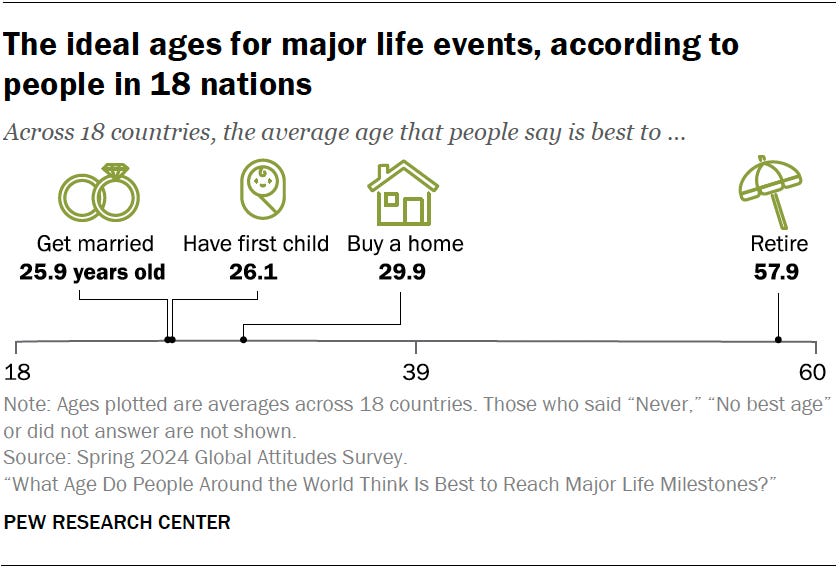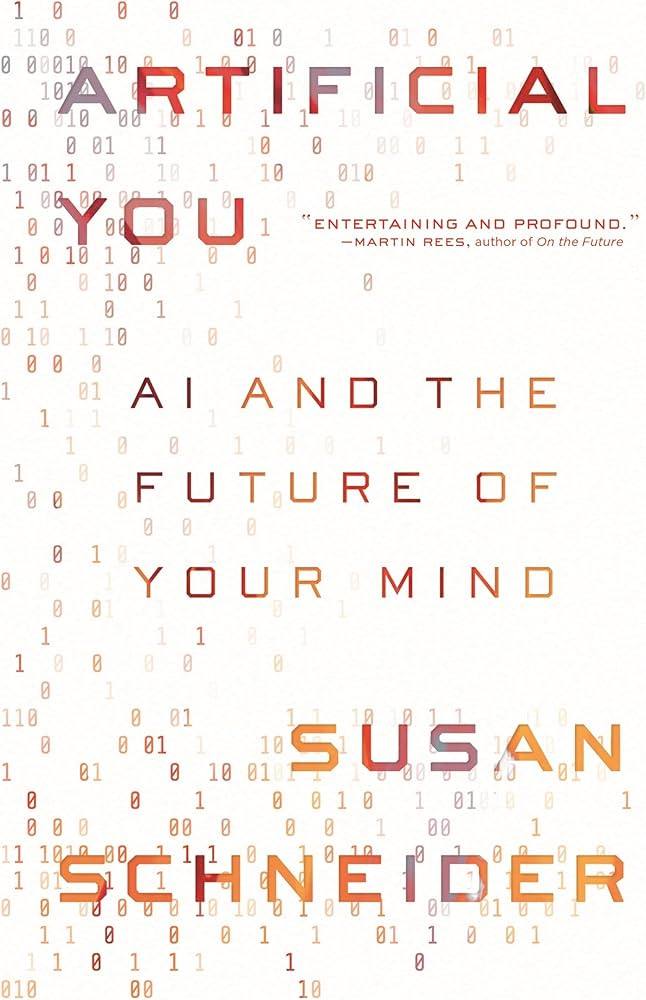This week…
Your reading time is about 5 minutes. Let’s start.
It’s (kind of) spring time, which means it’s time to put together a new music playlist for myself. However, I got a little side-tracked in the process, and started listening to some classical composers instead. I used to prefer playing a lot of baroque composers (Bach was my No. 1 boy) but I think as a listener, I prefer Romantic period composers like Edvard Grieg, Frédéric Chopin and Sergei Rachmaninoff especially when I’m studying. (Modern day equivalent? Probably Nicholas Britell, who scored all four seasons of Succession.)
Sometimes I wonder what it's like to live during their time and listen to their music for the first time. I simply cannot accept that people weren’t headbanging in the club opera house during Vivaldi’s Four Seasons concerti? Because people talk about Beatlemania or Biebermania but surely Franz Liszt was first??
Sometimes I think about things like this and then I realise I probably wouldn’t have been able to actually enjoy any of that because I would probably be from the lowly peasant class, racially I would probably be considered a sub-human, and also what would women know about the finer things in life.
Anyway, my most popular public playlists is this Top 100 Classicals, which has more than 100 songs, actually.
Your Wikipedia this week: Lisztomania
And now, a selection of top stories on my radar, a few personal recommendations, and the chart of the week.
ICYMI: The Previous Block was about Western bias of misinfo research and her.
CORRECTION NOTICE: None notified.ON AI
Italian newspaper says it has published world’s first AI-generated edition
Angela Giuffrida for The Guardian:
An Italian newspaper has said it is the first in the world to publish an edition entirely produced by artificial intelligence.
The initiative by Il Foglio, a conservative liberal daily, is part of a month-long journalistic experiment aimed at showing the impact AI technology has “on our way of working and our days”, the newspaper’s editor, Claudio Cerasa, said.
The four-page Il Foglio AI has been wrapped into the newspaper’s slim broadsheet edition, and is available on newsstands and online from Tuesday.
“It will be the first daily newspaper in the world on newsstands created entirely using artificial intelligence,” said Cerasa. “For everything. For the writing, the headlines, the quotes, the summaries. And, sometimes, even for the irony.” He added that journalists’ roles would be limited to “asking questions [into an AI tool] and reading the answers”.
Loosely linked:
Norwegian files complaint after ChatGPT falsely said he had murdered his children by Dan Milmo for The Guardian.
From surveillance to automation: How AI tech is being used at European borders by Anna Desmarais for Euronews.
Mind your language: The battle for linguistic diversity in AI by Fabrice Robinet for UN News.
AI can be a powerful tool for scientists. But it can also fuel research misconduct by Jon Whittle (CSIRO) and Stefan Harrer (CSIRO) for The Conversation.
ON THE INTERNET
The ‘ghost reporters’ writing pro-Russian propaganda in West Africa
Yarno Ritzen for Al Jazeera:
Gregoire Cyrille Dongobada, according to his social media profiles, is a political and military analyst from CAR who now lives in Paris. He’s published at least 75 articles, mainly about the political situation in Francophone Africa.
He focuses on the role of Russia, France and the United Nations, and his articles have headlines like: “The reasons for anti-French sentiment in West Africa” and “France’s jealousy of the successes of the Russian presence in Mali”.
Analysing the articles, a clear viewpoint comes across in almost all of them – one that presents French influence in Africa as detrimental for the continent and the presence of Russian soldiers as beneficial.
But, on closer inspection, some things do not add up about Dongobada.
Loosely linked:
Southeast Asia’s quest for digital sovereignty by Vishal Rana and Govand Khalid Azeez for The Diplomat.
Digital imperialism: How US social media firms are using American law to challenge global tech regulation by Yasmin Curzi de Mendonça (University of Virginia) and Camille Grenier (Sciences Po) for The Conversation.
Why history instruction is critical for combating online misinformation by Lightning Jay (Binghamton University, State University of New York) for The Conversation.
Is Google Maps brainwashing us? It might be if the theory of ‘extended cognition’ is correct by Susan Dieleman (University of Lethbridge) for The Conversation.
Other curious links, including en español et français
LONG READ | My mother, the racist by Didier Eribon for The Guardian.
INFOGRAPHIC | Why are there so many live-action remakes? by Tiana McGee for Reuters.
Los varones jóvenes, pilar del triunfo de Milei, son las principales víctimas del proceso de destrucción de empleo por Alejandro Rebossio en elDiarioAR.
Laboratorios, televisión y comité de expertos: qué dicen los médicos de la pandemia, cinco años después por Milagros Moreni en elDiarioAR.
Cuando la IA comenzó a devorar a la universidad desde dentro por Ana Luengo en CTXT.
Comment l’e-sport s’est frayé un chemin à L’Équipe par Vincent Bresson dans La revue des médias.
Et si quelques « lois universelles » suffisaient à expliquer la société ? par Pablo Maillé dans Usbek & Rica.
Défendre le droit d’auteur à l’ère de l’IA générative par Alexandra Klinnik dans Meta-media.
What I read, listen, and watch
I’m reading Artificial You (2019) by Susan Schneider who takes us on an ethical exploration of AI, transhumanism, astrobiology, and the mind. The book challenges our understanding of intelligence, and I think it’s still a relevant contemplation even if it was written six years ago.
I’m listening to Factually! with Adam Conover as he is joined by Kashmir Hill to remind us that AI companies are stealing our faces.
I’m going to watch Adolescence. Everyone is telling me to.
Chart of the week

A report by Janell Fetterolf et al. at Pew Research Center on the ideal ages for major life events according to people in 18 countries. The report also broke down the responses even further, for example, by age group, where older repondents said it’s more ideal to get married and have a child at a younger age and retire at a later age compared to younger respondents.





